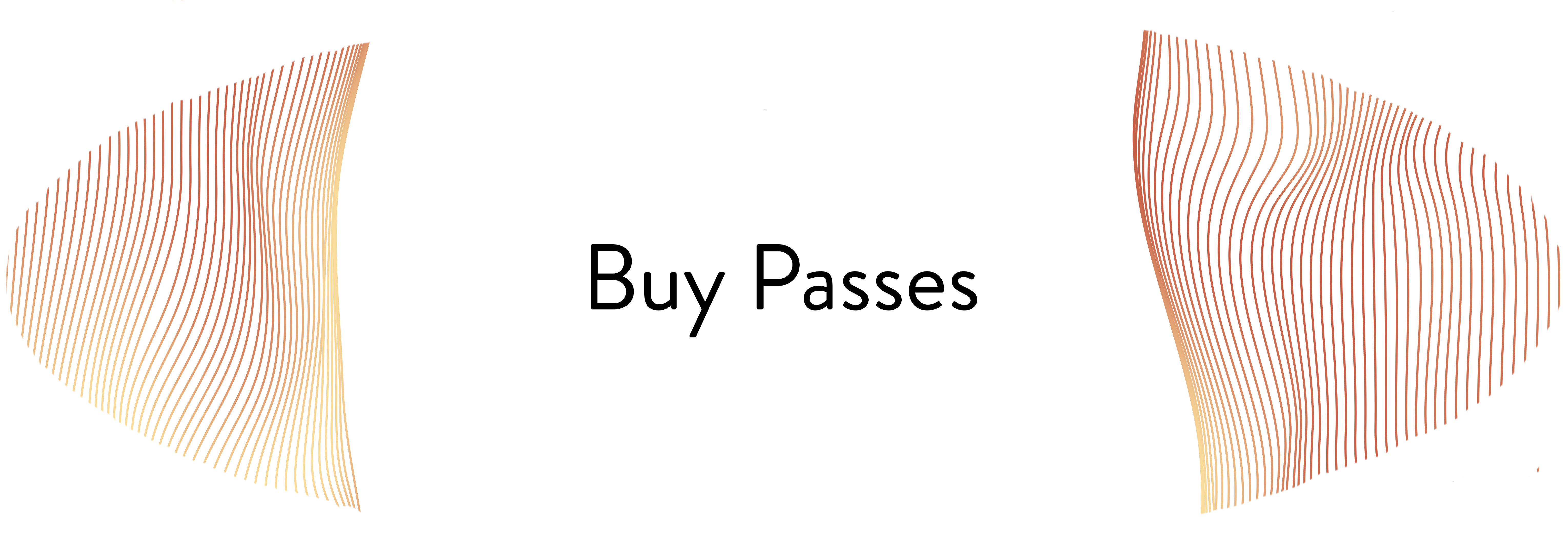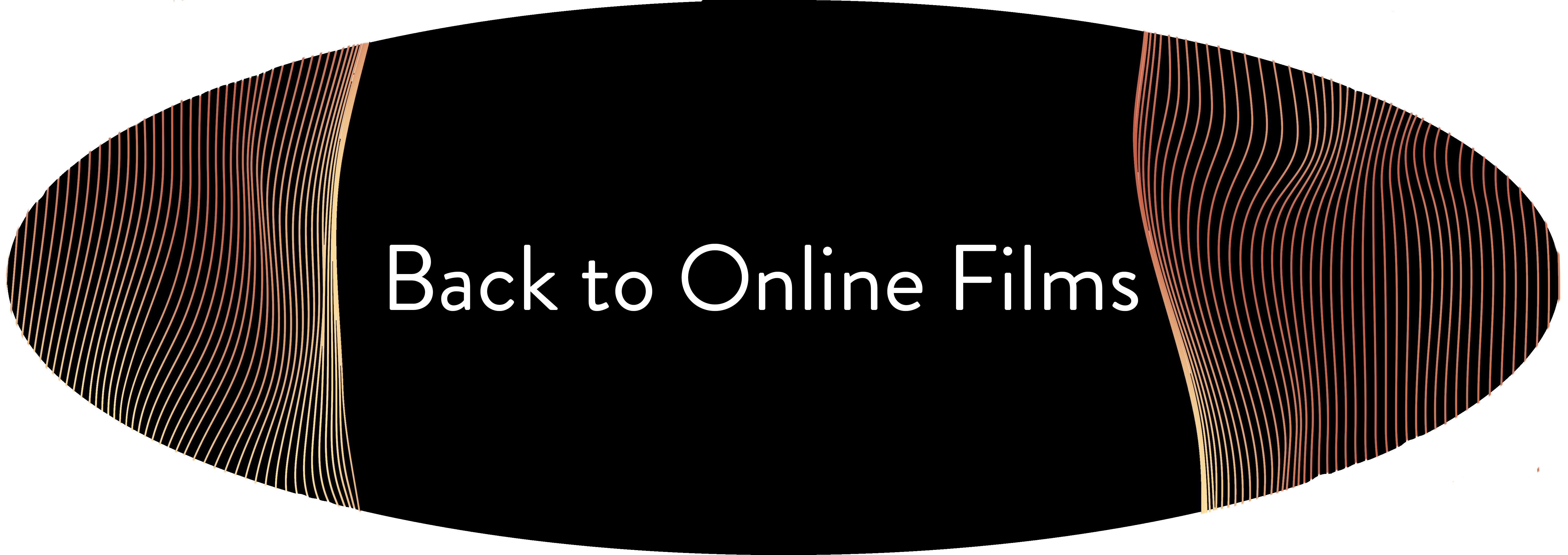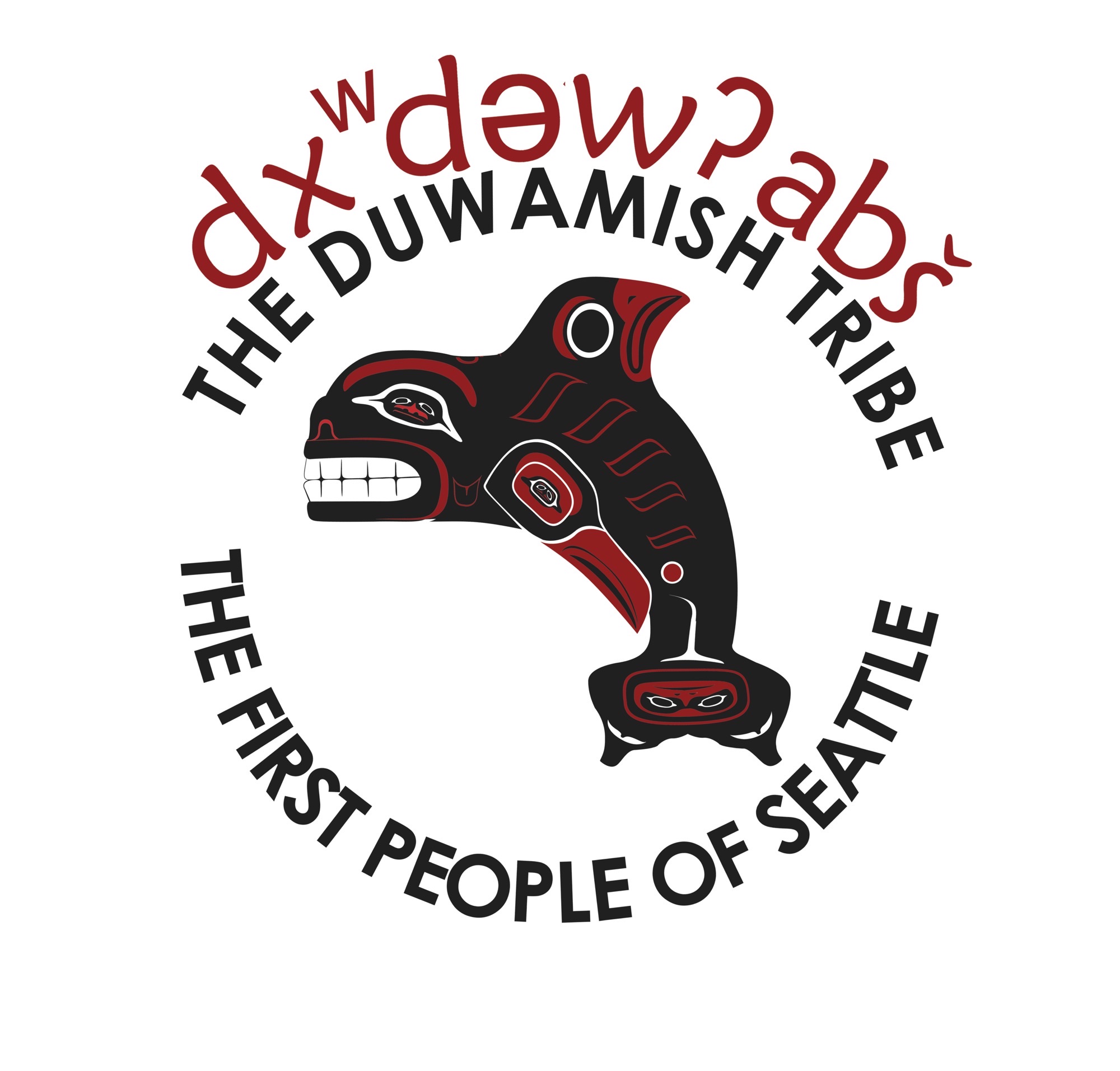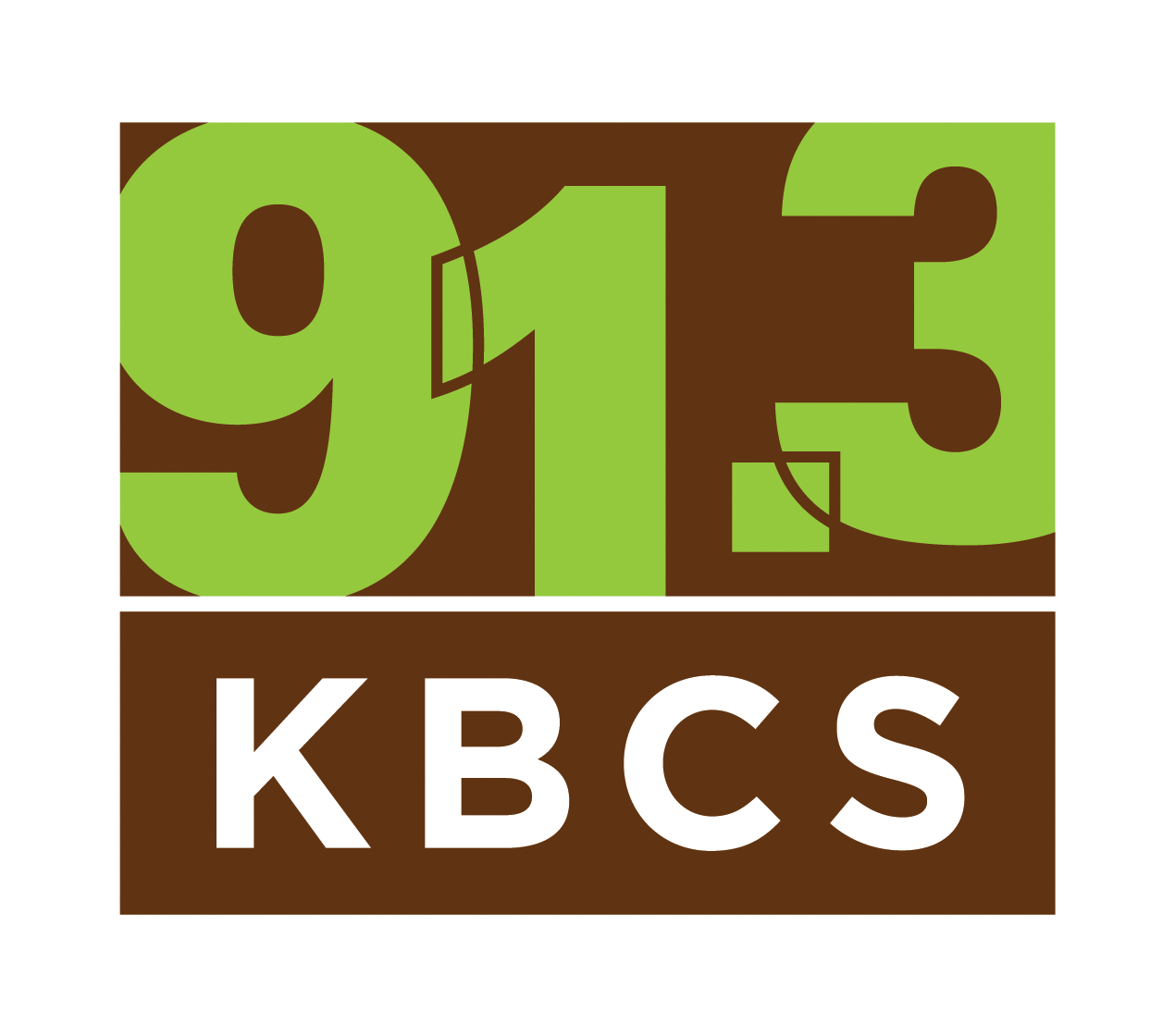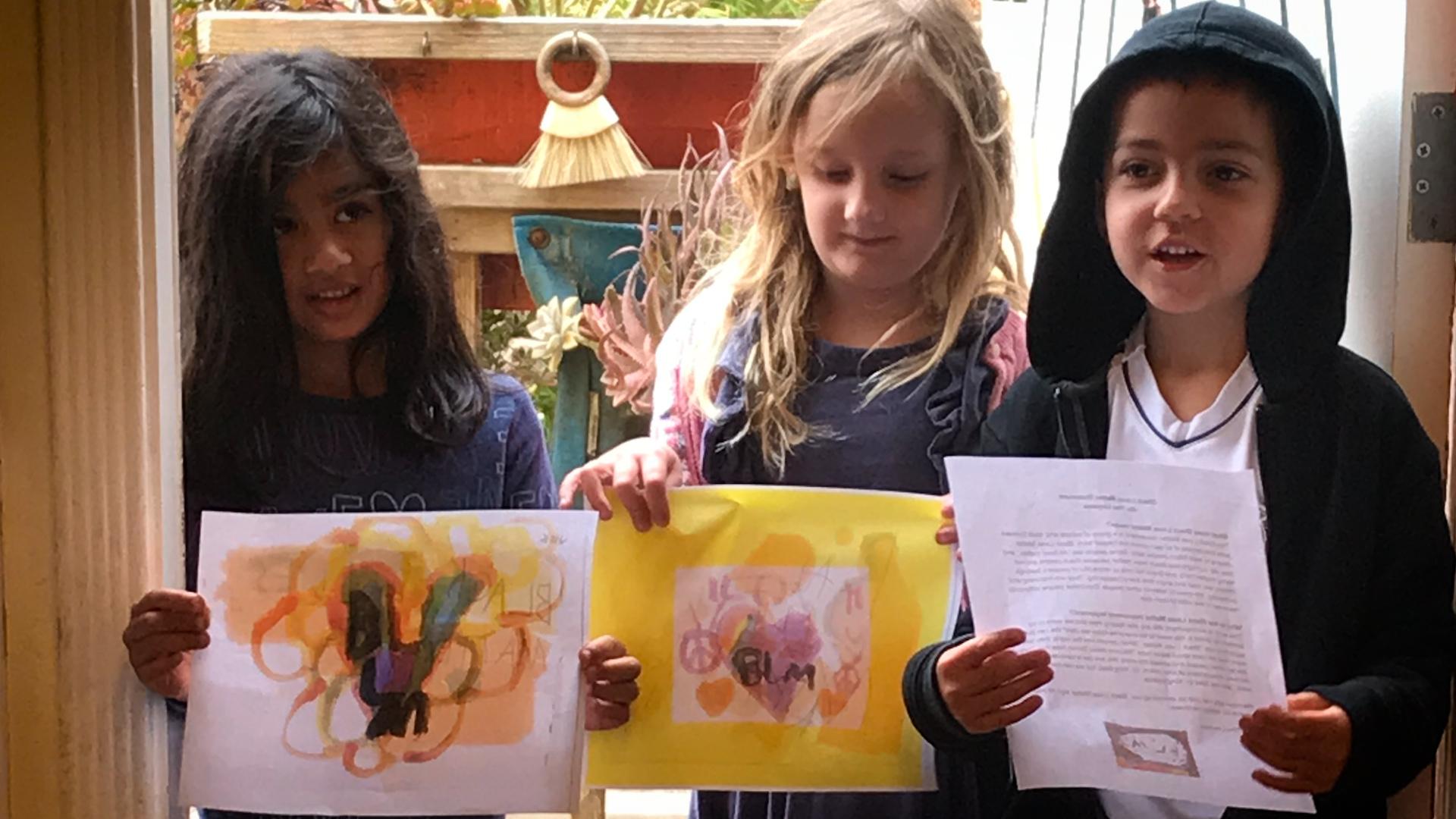
Members of Bainbridge Island's Indipino community reflect on the joy, strength, and love of their mothers (and the racism that kept their heritage secret), and early childhood educators invite filmgoers into their anti-racist classrooms in these films about addressing racism.
*** As of September 16, 2021, the Social Justice Film Festival has made the difficult decision to be online-only this year. ***
This program is available to view VIRTUALLY from OCT. 7–17.
Festival passes grant the most streamlined, flexible viewing experience possible and are an excellent way to support social justice film.
Please see our festival page for information about panel discussions and other opportunities to connect with filmmakers and festivalgoers.
What does it look like when you put equity at the heart of what you do? Preschool teachers reflect on their experience both in, and beyond, the classroom.
By taking viewers into diverse early childhood classrooms, the film seeks to demonstrate the importance of teacher reflection on identity, context, and practice in anti-bias education and shifts the focus away from the talking heads of experts and on to the voices of teachers committed to equity on a daily basis.
There is no “one way” to implement anti-bias education. The four anti-bias goals help guide the work. This approach involves critical thinking and a deep understanding of the complexity of the issues and the context of your community. The film is a provocation to generate dialogue about how to bring this approach into practice. To further this conversation, a Discussion Guidebook is available to provide additional resources and to pose provocations and questions for reflection about each vignette in the film.
Louise Derman-Sparks is the film’s senior advisor. The film’s theoretical and research framework is based on her co-authored books, Anti-Bias Education for Our Children and Ourselves (with Julie Olsen-Edwards and Catherine Goins) and Leading Anti-Bias Early Childhood Programs: A Guide for Change (with Debbie LeeKeenan and John Nimmo).
While the film was created for early childhood educators, it will resonate with many others, from parents of young children to anyone who seeks a more fair and just world.
Early in the film teacher Veronica Reynoso asks, "What kind of human do you want to be?" The film explores that question through conversation, play and daily activities: saying hello in the morning, exploring food and language at lunch time, and responding to children's questions about events in their homes and their communities.
- Year2021
- Runtime49 minutes
- LanguageEnglish
- CountryUnited States
- DirectorFiliz Efe McKinney
- ProducerDebbie LeeKeenan, John Nimmo
Members of Bainbridge Island's Indipino community reflect on the joy, strength, and love of their mothers (and the racism that kept their heritage secret), and early childhood educators invite filmgoers into their anti-racist classrooms in these films about addressing racism.
*** As of September 16, 2021, the Social Justice Film Festival has made the difficult decision to be online-only this year. ***
This program is available to view VIRTUALLY from OCT. 7–17.
Festival passes grant the most streamlined, flexible viewing experience possible and are an excellent way to support social justice film.
Please see our festival page for information about panel discussions and other opportunities to connect with filmmakers and festivalgoers.
What does it look like when you put equity at the heart of what you do? Preschool teachers reflect on their experience both in, and beyond, the classroom.
By taking viewers into diverse early childhood classrooms, the film seeks to demonstrate the importance of teacher reflection on identity, context, and practice in anti-bias education and shifts the focus away from the talking heads of experts and on to the voices of teachers committed to equity on a daily basis.
There is no “one way” to implement anti-bias education. The four anti-bias goals help guide the work. This approach involves critical thinking and a deep understanding of the complexity of the issues and the context of your community. The film is a provocation to generate dialogue about how to bring this approach into practice. To further this conversation, a Discussion Guidebook is available to provide additional resources and to pose provocations and questions for reflection about each vignette in the film.
Louise Derman-Sparks is the film’s senior advisor. The film’s theoretical and research framework is based on her co-authored books, Anti-Bias Education for Our Children and Ourselves (with Julie Olsen-Edwards and Catherine Goins) and Leading Anti-Bias Early Childhood Programs: A Guide for Change (with Debbie LeeKeenan and John Nimmo).
While the film was created for early childhood educators, it will resonate with many others, from parents of young children to anyone who seeks a more fair and just world.
Early in the film teacher Veronica Reynoso asks, "What kind of human do you want to be?" The film explores that question through conversation, play and daily activities: saying hello in the morning, exploring food and language at lunch time, and responding to children's questions about events in their homes and their communities.
- Year2021
- Runtime49 minutes
- LanguageEnglish
- CountryUnited States
- DirectorFiliz Efe McKinney
- ProducerDebbie LeeKeenan, John Nimmo
